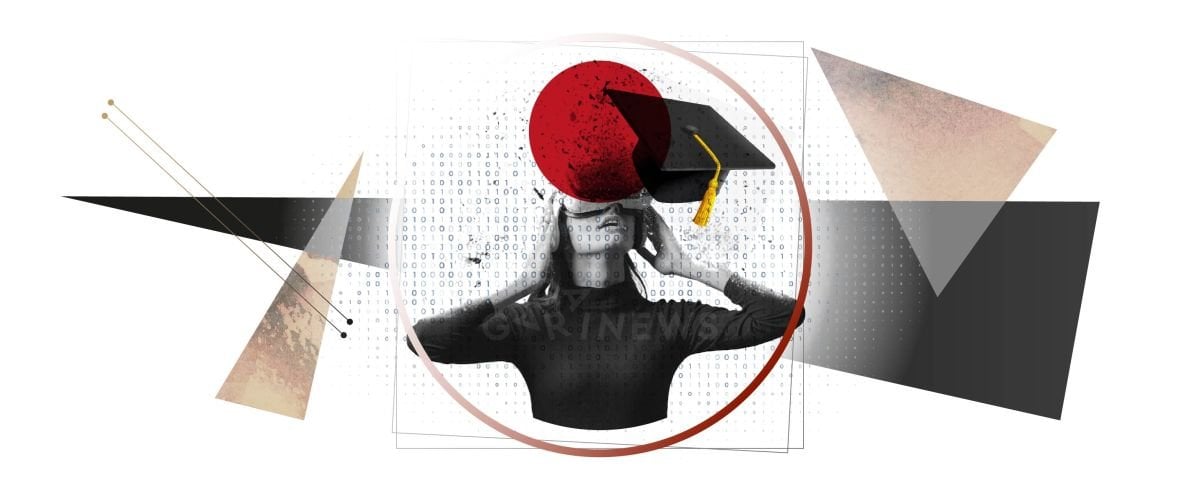Master of metaverses. A Tokyo-based HEI offers special courses

The University of Tokyo at Bunkyo Ward will launch the “basics of the metaverse” course. Students will be educated in a virtual reality world.
At the time, Zoom conferences revolutionized the business communication and education market. It is high time to move to another level of dimension, the one that the metaverse represents today.
The project’s primary goal is to solve the problem of training specialists whose qualifications will enable them to cope with the challenges of the global digital transformation.
It should be admitted that we have a little bit exaggerated with the title: there will be no full degrees at the end of the courses, although the Todai engineering faculty master’s program will be really used for the training process. Students will receive certificates of completion. But if we were running the courses, they would start with a notice that no one is likely to be interested in your degree in the fields of blockchain, IT, and metaverses.
Nevertheless, it is entirely wrong to depreciate the Japanese initiative because there are several reasons why this is an excellent project.
First, the courses will be highly differentiated. This means preschoolers, applicants, and students can learn the basics of artificial intelligence, blockchain engineering, communications technology, and specifically metaverses, according to their interests and level.
Second, education will be as inclusive as possible. The possibilities of the metaverse allow anyone, regardless of age, gender, social status, and place of residence, to get to know the multi-billion-dollar industry, which can become his/her hobby or a profession.
And third, we can endlessly talk about the metaverse, but what could be better than personal experience and interaction directly within it? For example, Formula One racers are constantly training to pass different tracks with a racing simulator, which is basically a game interactive analog of the metaverse.
It does not matter whether this particular educational “pancake” will be spoiled or not. The case is essential as a breaking down of the next barrier to large-scale adoption.
Recommended

